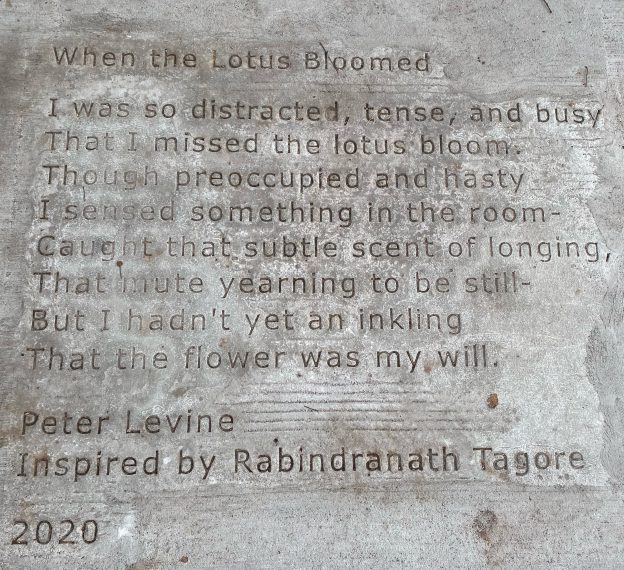- Facebook174
- Twitter1
- Total 175
Thin stands of bare-limbed maples and pines Barely hide cinder-block buildings and signs, But snow, fresh snow, wet snow: snow drapes all. Each twig or needle bears as many crystals As could possibly be piled upon it, Becoming a slender line under white, Each just a tiny part of the lacy whole. Trees are huge versions of their own branches; Branches, like their own ornamented twigs; Drifts, composed of delicate, gem-like flakes. No shortcuts. No “Paint that whole section white.” Even in the densest thickets, each branch Is intricately decorated with snow. What superfluous generosity, What quiet power. The road, too, is hushed. Cars file through, wheels whispering, as if Reminded of what they have done, although The storm does not mean to chide or console. It is not meant for us; it simply is.
See also: More Temperate; Tangled Beauty; and “Notes on Gerard Manley Hopkins’ Spring and Fall”
